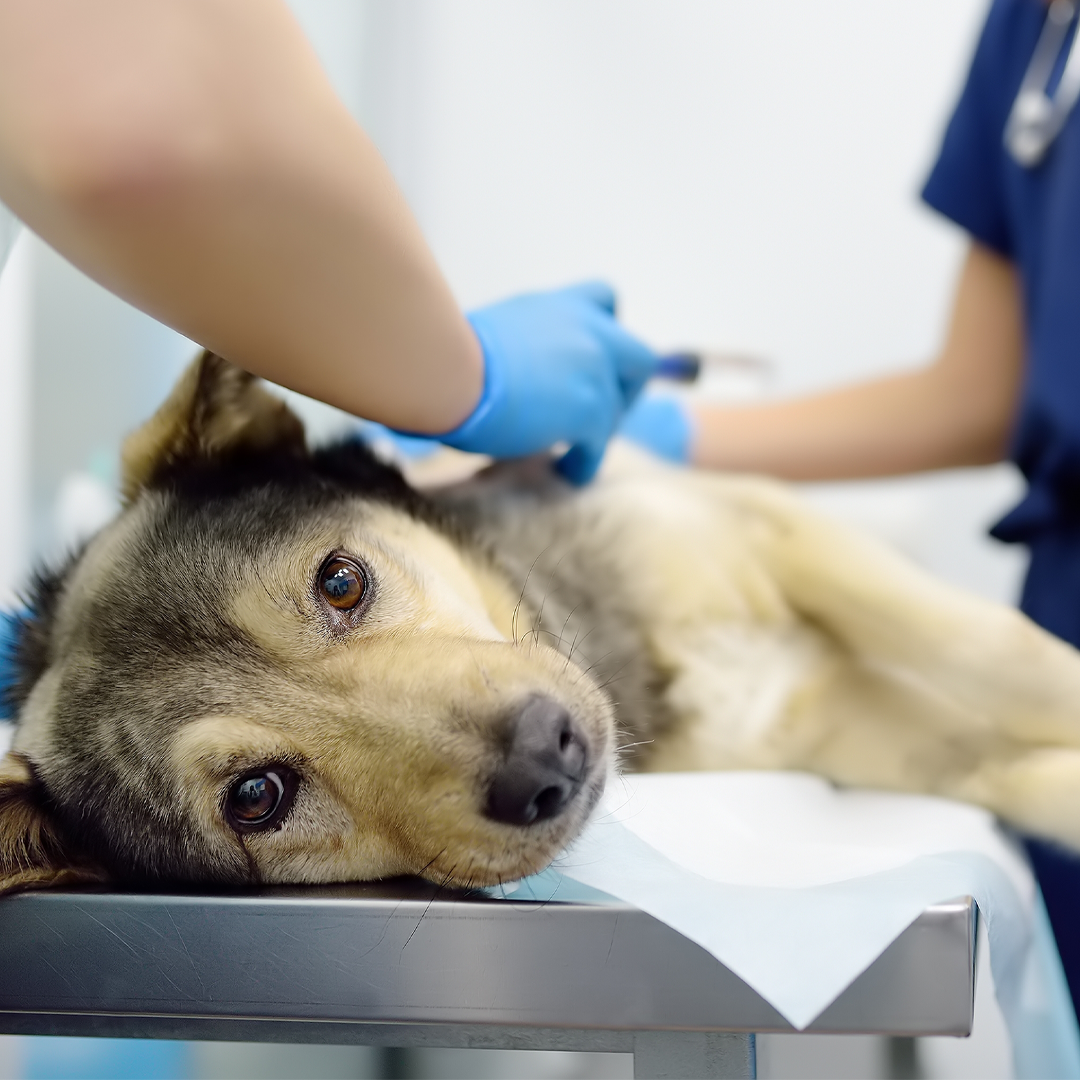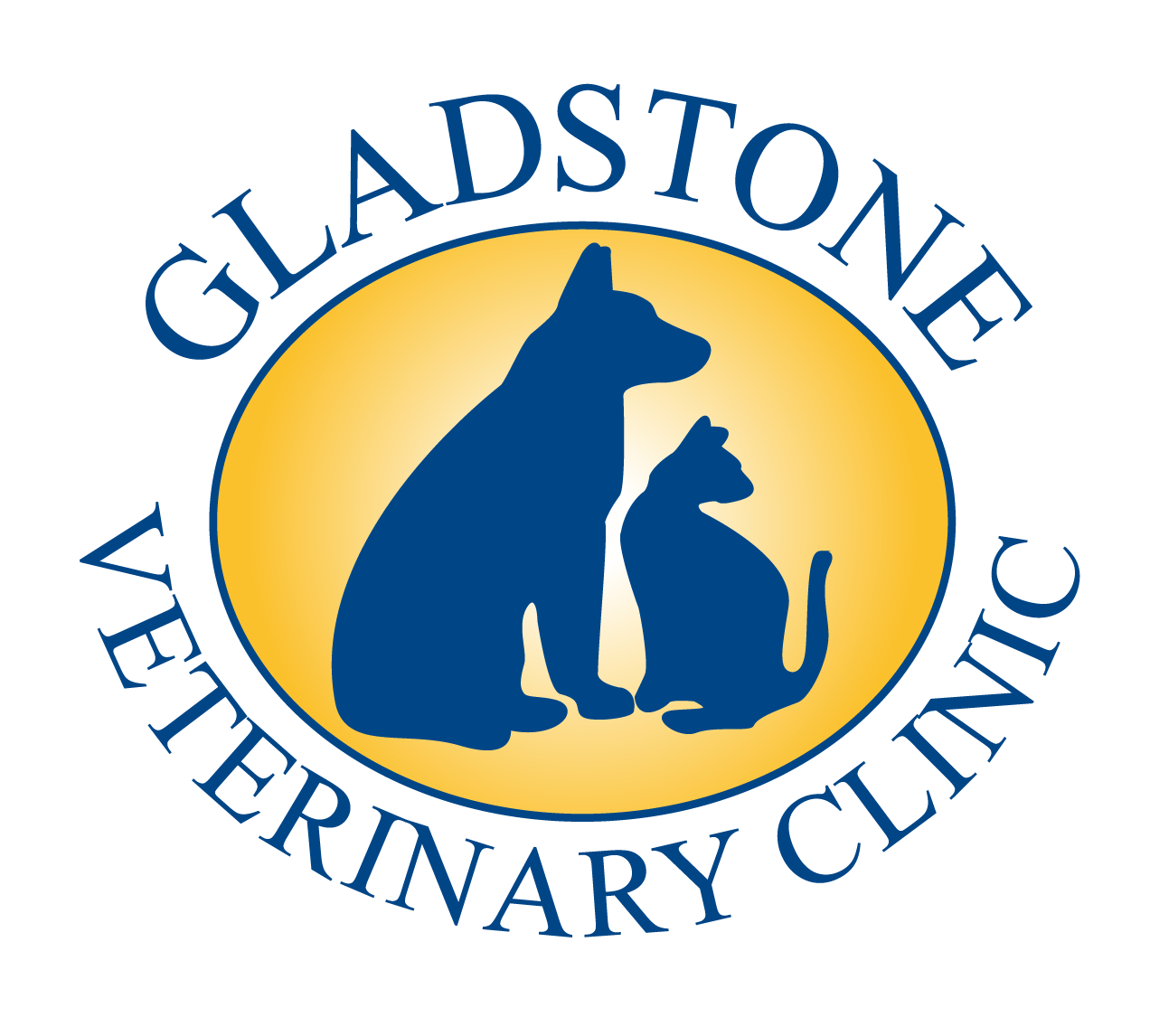OUR SERVICES
We offer a full range of
pet health services
We’ve got your pet covered with our primary, preventative and surgical services

PREVENTATIVE CARE
Keep your pet on track with annual wellness exams and preventative care services which help our team develop a complete picture of your pet’s health and evaluate any potential health care issues your pet may face.
- Feline Panleukopenia Virus (also known as Feline Enteritis or Feline Parvovirus)
- Feline Respiratory Disease (‘Cat Flu’)
- Feline Immunodeficiency Virus (FIV)
- Feline Leukaemia Virus (FeLV)
- Chlamydia felis
Vaccination is crucial for controlling infectious diseases in dogs. Puppies need their initial vaccinations, but adult dogs also require regular boosters to maintain immunity and protect the entire pet population.
We vaccinate against:
- Canine Parvovirus
- Canine Distemper Virus
- Canine Cough
- Canine Leptospirosis
- Infectious canine Hepatitis
- Canine Coronavirus
Fleas can be distressing for your pet, however they are more than just a nuisance. Fleas can cause skin disease and transmit infectious or parasitic diseases, some of which can be transmitted to humans too. In some dogs, fleas can also trigger an allergic condition called flea allergy dermatitis (FAD), a skin disease that is intensely itchy and can result in hair loss and skin infections. In dogs with FAD, even a small number of fleas can cause intense irritation, meaning year-round flea control is essential!
Call us to discuss an appropriate flea control program to your pet.
Intestinal worms are relatively common in many animal species including dogs, cats, rabbits, large animals, fish, reptiles and birds. Regular deworming is essential to ensure your pets remain healthy and to reduce the risk of some of these worms being transmitted to people.
Contact us to find out about the deworming treatments available for your pet.
Heartworm disease is a serious and potentially fatal disease seen in all mainland states of Australia. Dogs are more susceptible to heartworm infestation than cats, and heartworm disease also tends to be more severe in dogs. Adult worms live within the heart and large blood vessels where they can grow to more than 30 cm in length. Heartworm larvae, more commonly called microfilariae, can also be found circulating in an infected dog’s blood.
Thankfully, heartworm is very easy to prevent and should form part of your pet health care routine.
A microchip is about the size of a grain of rice and is injected under your pet’s skin, usually on their back near the shoulders. It can be done during a normal consultation. The microchip is embedded with a code unique to your pet and is the most effective form of permanent identification. This code is placed onto a national computer database, so it is particularly useful in the return of lost pets. They can also assist where the ownership of an animal is in dispute. In some states of Australia microchipping of pets is now compulsory.
Your pet’s nutritional requirements will change as they age. Puppies need puppy food because it is higher in energy, calcium and protein, but feeding it to an adult dog can lead to obesity. Likewise, older pets need diets restricted in fat and supplemented with fibre for their optimum health. Many premium senior diets also contain additives to assist in the management of arthritis and can make your pet more comfortable.
Please give us a call to discuss your pet’s nutritional needs. We can tailor a diet specifically for your pet that will give them the optimum quality and length of life.
Remember, you are what you eat, and the same goes for your pet!
Behavioural problems can be due to behavioural causes, medical causes, or both. Our veterinarians will investigate behavioural problems by obtaining a full history and conducting a full examination (sometimes your pet may require blood or urine tests to rule out underlying medical conditions) to accurately diagnose a problem. Behavioural problems are often the combined effect of many factors, including your pet’s environment and learning.
For behavioural problems we advise you contact us to make an appointment with one of our veterinarians.

SURGICAL SERVICES
Our Care team handles routine surgeries like spays, neuters, mass removals, and dental care. We also handle more complex procedures, but we do not perform orthopedic surgeries.
Typically, pets are desexed between four and six months, but this can occur at any age beyond that. There are many benefits such as unwanted litters, decreasing aggression, and prevention of cancer and prostate disease in males.
Our skilled veterinarians can perform the vast majority of soft tissue procedures such as large mass removals, caesareans, biopsies, wound repairs, removal of foreign bodies and more.
Pets are vulnerable to gum disease and problems with their teeth. We recommend regular dental checkups and cleans to prevent discomfort, extractions, or worse still, heart, liver and kidney problems. We offer an extensive range of dental treatments from the elective to the unavoidable.
Orthopaedic surgery is usually required due to an injury or from a degenerative condition. We can assist with diagnoses and repairs to your dog’s bones and joints such as hip and elbow dysplasia, fractures, joint fusions and dislocations.
Animals can be affected by a variety of eye issues and diseases. We provide a comprehensive eye exam, discuss your options and support you in deciding on the best treatment for your animal.

WELLBEING SERVICES
We offer the full gamut of general practice veterinary care. No matter what concerns you have over your pet – behavioral, physical or emotional – we’re here to help you get to the bottom of it.
Your pet’s nutritional requirements will change as they age. Puppies need puppy food because it is higher in energy, calcium and protein, but feeding it to an adult dog can lead to obesity. Likewise, older pets need diets restricted in fat and supplemented with fibre for their optimum health. Many premium senior diets also contain additives to assist in the management of arthritis and can make your pet more comfortable.
Please give us a call to discuss your pet’s nutritional needs. We can tailor a diet specifically for your pet that will give them the optimum quality and length of life.
Remember, you are what you eat, and the same goes for your pet!
Behavioural problems can be due to behavioural causes, medical causes, or both. Our veterinarians will investigate behavioural problems by obtaining a full history and conducting a full examination (sometimes your pet may require blood or urine tests to rule out underlying medical conditions) to accurately diagnose a problem. Behavioural problems are often the combined effect of many factors, including your pet’s environment and learning.
For behavioural problems we advise you contact us to make an appointment with one of our veterinarians.
Before considering whether to board your pet please check their vaccination records to make sure they have been vaccinated within the past 12 months. If your pet is due for a booster vaccination make sure this is done well ahead of the boarding period. It is a good idea to contact the boarding facility to check their policy as to how soon before boarding a vaccination can be administered.
Regular nail care is essential for pets, especially for indoor and elderly animals. While active dogs may naturally wear down their nails, breeds with forward-growing nails and indoor cats often need regular trimming. The need for nail trimming varies based on breed, age, exercise level, and environment. Regularly inspect your pet’s nails, and if you notice their nails clicking on hard floors, it’s time for a trim.
